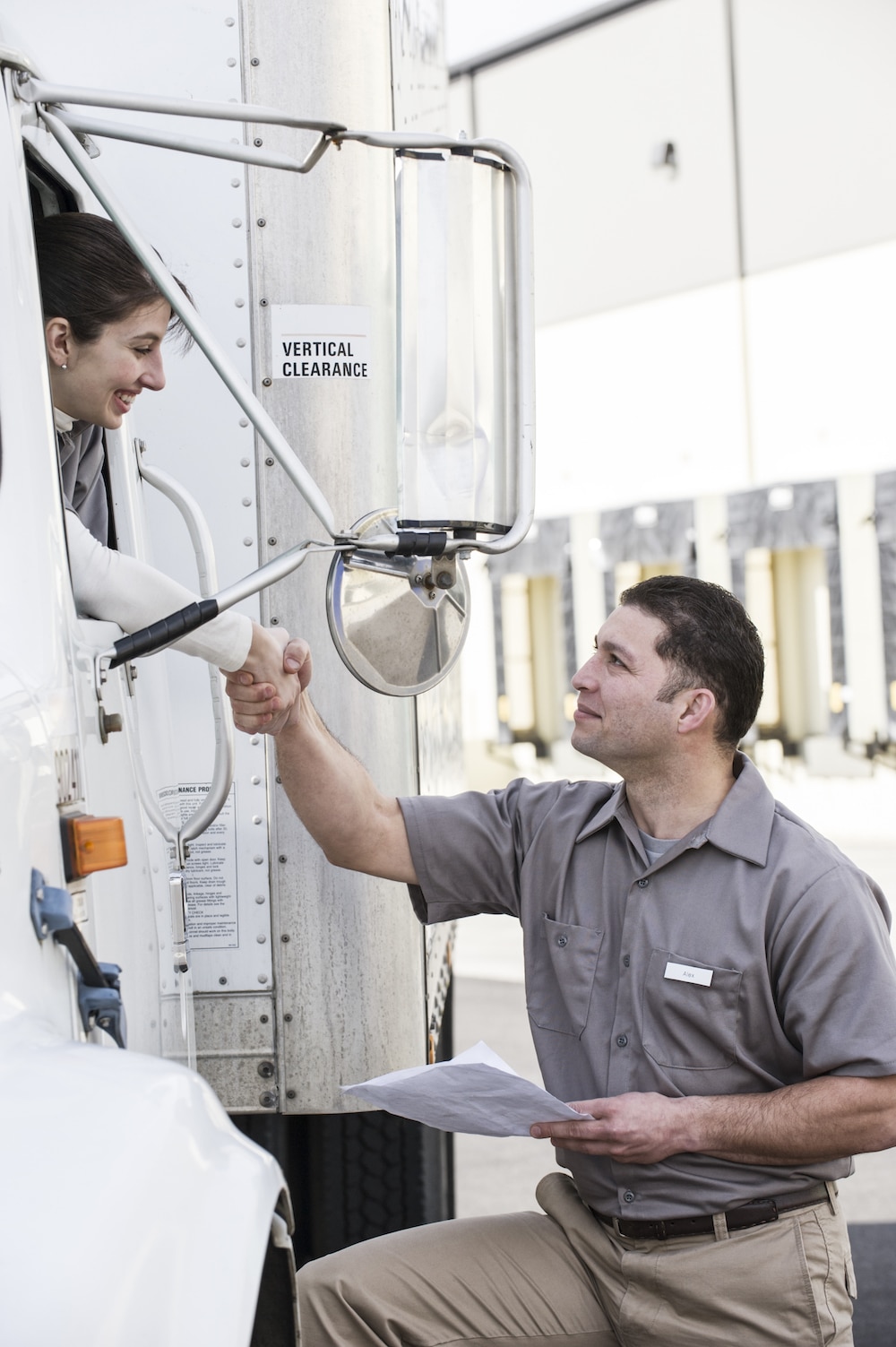
Supply Chain
The National Heavy Vehicle (CoR) laws are applicable throughout the whole supply chain. How you get involved with the other aspects of your supply chain determines how you expose yourself to CoR and OHS liability. Compliance with Codes of Practice in your Supply Chain will be the most effective way to manage your exposure. It will also provide the basis for a practical steps defence.
Many businesses enforce contract conditions or working preparations on supply chain partners. These documents expose their business directly to CoR incidents as well as CoR fines. Some documents are superseded by the consignor or consignee directly overriding in the supply process. No matter what is the wording of the documents, this clearly places them along with their organisation for violating CoR laws.
In certain other cases, consignors and consignees have a positive responsibility to ensure CoR compliance while “removing” them from the procedure to “protect” them. Contact us to know more.
Different from any transport company breach, there are several high profiles cases where regulators have fined and prosecuted the supply chain partners.
In several States, the OHS inspectors along with CoR officers and the police go for site inspections, roadside interceptions. In those cases, all three regulators (CoR, Police and OHS) take action, and they issue fines as well.
At the site where a road accident took place, there is a heightening level of oversight throughout all three regulatory areas. These regulatory oversight changes comprise:
Early access to administrative sites
Reduced response time to attend operational and maintenance sites
Targeting of trucks in transit
By reviewing your supply chain, HV Compliance will help you evaluate and find your weak spots in your CoR Strategy. Also, we will develop effective management strategies that will reduce your risk while improving your CoR compliance.
